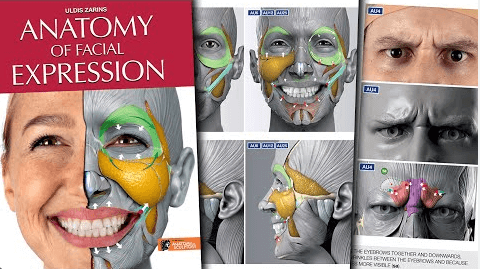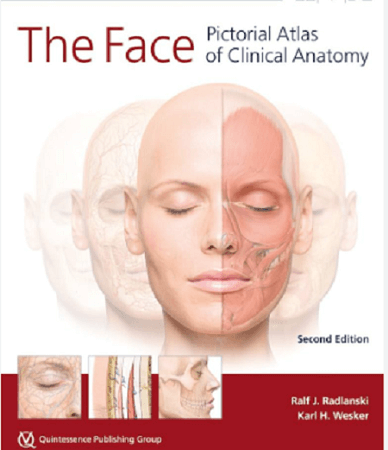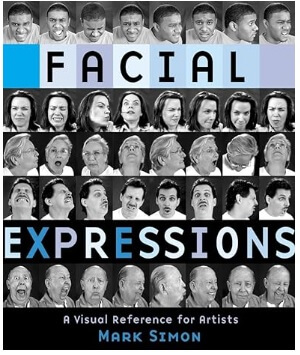Elision

- File photo. | Credit Wikipedia
Definition & Examples of Elision
Elision refers to the removal or omission of one or more sounds in words. It is a deliberate act where one or more phoneme(s)Opens in new window (the smallest sound unit e.g ‘d’, ‘t’, in the words ‘bid’, ‘bit’) are omitted, mainly for the purpose of enhancing easier and fluent pronunciations.
For instance, we know that the word round is pronounced /raʊnd/ and the word to is pronounced /tə/. However, when the words are used together as in round to, we often drop the final /d/, so that phonetically it reads /raʊn tə/. This is because /t/ and /d/ are both labio-dental soundsOpens in new window, and we tend to drop one – in this case the voiced /d/. This is called elision.
In the English language, stress placement in sentences and rhythm are part and parcel of everyday speech. As a result, stress placement is variable depending upon the meaning and the effect sought. This is quite a large area of phonetics, so for now we will simply identify some regular features of stress placement in connected utterances. Some words regularly attract the stress, while others don’t. Those that are regularly unstressed are:
| Grammatical Terms | Description |
|---|---|
| Auxiliary verbs | primary and modal |
| Determiners | articles, demonstrative pronouns, etc. |
| Subject pronouns | he, she, it, they, etc. |
| Prepositions | one/two syllable words e.g. on, in, at, upon, etc. |
| Conjunctions | and, but, so, etc. |
You might notice that these are primarily grammatical words, rather than content words such as nouns, verbs, adjectives, etc. We might think of them as ‘small’ words but technically they are called ‘function’ words. However, you could say ‘I want an apple and an orange’ — where the ‘and’ is unstressed and pronounced with schwa, but imagine that the question were ‘Would you like an apple or an orange in your lunchbox?’. The answer might be ‘I want and apple AND an orange’, in which case the important part is the fact that speaker wants BOTH and therefore the ‘and’ doesn't have schwa...
Elision may also occur for both vowels and consonants, although it is much more common for consonants. Where it occurs for vowels, we have extreme cases of vowel reduction or weakening to the point that the vowel is no longer pronounced at all. There are 3 main phonetic environments where this occurs:
1. Syllable-final clusters involving /t, d/
When two or more consonants, often of a similar nature, come together, there is a tendency in English to simplify such a cluster by eliding one of them. As in:
| Normal Pronunciation | Elided Pronunciation |
|---|---|
| conscripts | elided, and pronounced as /ˈkɒnskrɪps/ |
| facts | elided, and pronounced as /faks/ |
| the fact that | elided, and pronounced as /də fak dət/ |
| Helen’s machine stopped printing | elided, and pronounced as /ˈhlənz məˈʃiːn ˈstɒp ˈprɪntɪŋ/ |
| /h/ and /j/ | tend not to create this elision but other consonants can in rapid speech. Cruttenden (2008: 303-4) provides a number of useful examples that show the vulnerability of /t/ and /d/ in combinations such as -pt, -kt, -st, -ft, - ʃt, -ʧt, -bd, -gd, -nd, -ld, -zd, -ʤd, -vd, -ðd; these are indicated below: |
| next day | elided, and pronounced as /neɪks deɪ/ |
| mashed potatoes | elided, and pronounced as /maʃ pɒˈteɪtəʊz/ |
| the last post | elided, and pronounced as /də lɑːs pəʊst/ |
| Liz smiled gently | elided, and pronounced as /ˈlɪz ˈsmaɪl ˈʤentlɪ/ |
2. The omission of /ə/
This can occur in several environments. In connected speech /ə/ can easily disappear at word boundaries when the sound comes at the start of a word, positioned between two stressed syllables, as in:
| Normal Pronunciation | Elided Pronunciation |
|---|---|
| go away | elided, and pronounced as /ˈgəʊ_ˈweɪ/ |
| or when it is followed by a stressed syllable beginning with /r/ or /l/; | |
| the word police | may be elided, and pronounced as /pliːs/ |
| Elision can also occur when the sound comes in the middle or final combinations as in: | |
| the word preferable | is elided, and pronounced as /ˈprefrəbļ/ |
| the word library | is elided, and pronounced as /ˈlaɪbrɪ/ |
3. The Dropping of /h/
/h/ is lost in pronominal weak forms (i.e. the weak form of the pronoun) when they don’t occur at the start of an utterance. As you can see from the example below, the /h/ of the two masculine pronouns is retained at the beginning of the sentence — ‘He’, but gets elided when it occurs for a second time, in the middle of the sentence.
He passed his exam is pronounced as / hɪ ˈpaːst ɪz ɪgˈzam /
The following table illustrates the phenomenon of elision using common combinations of two- or three-word bundles. Please note, too, that at least some of the examples also illustrate cases where ‘stringing together’ words in this way may lead to the occurrence of weak forms where the individual dictionary pronunciations would contain strong ones.
| Words | Without Elision | With Elision |
|---|---|---|
| asked | [ɑːskt] | [ɑːst] |
| lecture | [ˈlɛktʃə] | [ˈlɛkʃə] |
| desktop | [ˈdɛskˌtɒp] | [ˈdɛsˌtɒp] |
| hard disk | [ˌhɑːdˈdɪsk] | [ˌhɑːˈdɪsk] |
| kept quiet | [ˌkɛptˈkwaɪət] | [ˌkɛpˈkwaɪət] |
| kept calling | [ˌkɛptˈkoːlɪŋ] | [ˌkɛpˈkoːlɪŋ] |
| kept talking | [ˌkɛptˈtoːkɪŋ] | [ˌkɛpˈtoːkɪŋ] |
| at least twice | [əˌtliːstˈtwaɪs] | [əˌtliːsˈtwaɪs] |
| straight towards | [ˌstɹeɪtˈtʊwoːdz] | [ˌstɹeɪˈtəwoːdz] |
| next to | [ˈnɛkstˌtʊ] | [ˈnɛksˌtə] |
| want to | [ˈwɒntˌtʊ] | [ˈwɒnˌtə] or [ˈwɒnə] |
| seemed not to notice | [ˈsiːmdˌnɒttəˈnəʊtɪs] | [ˈsiːmˌnɒtəˈnəʊtɪs] |
| for the first time | [foːðəˌfɜːstˈtaɪm] | [fəðəˌfɜːsˈtaɪm] |
























